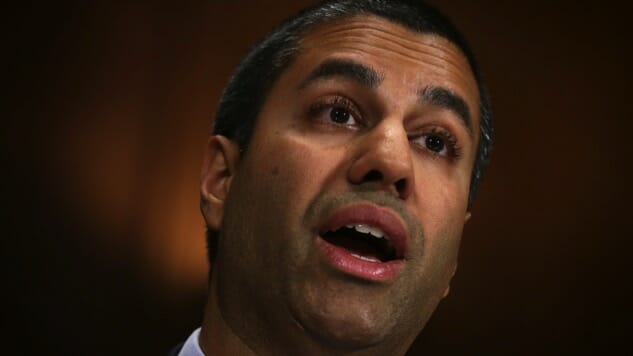Click This Article About Invasions of Internet Privacy So Your Provider Can Advertise to You Better!
Photo by Alex Wong
One nice thing about our GOP controlled Congress is no matter how many meetings Devin Nunes cancels, environmental regulations Trump rolls back or dollars are potentially laundered by Paul Manafort, they can still be relied on to screw up the things we of all parties and positions love. The House and Senate both took their first bold steps to ruining the Internet this week and President Trump is sure to go along for the ride. Given how much the guy’s going to be ramping up our CO2 emissions, you would’ve thought he’d at least give Al Gore a break when it came to his most cherished invention. I’m sorry, I had to.
You probably have seen a headline or two about how Congress just handed a free pass to ISPs (Internet Service Providers) to sell your personal data without your permission. This is accurate but it’s important to remember this has been the lay of the land for way longer than it hasn’t been. From October 2016 to March 2017, the FCC managed to mostly prohibit these sorts of companies from selling your data without your explicit consent. These ISPs—AT&T, Verizon, Comcast, Cox, etc.—only had regulations stopping them from selling your info for six months. That’s it. Six measly months. So this legislation isn’t so much a new plunge into a corporatist dystopia as a reminder we’ve lived in one for most of our lives and probably will until the nukes drop or the seas swallow us whole.
-

-

-

-

-

-

-

-

-

-

-

-

-

-

-

-

-

-

-

-

-

-

-

-

-

-

-

-

-

-

-

-

-

-

-

-

-

-

-

-








































